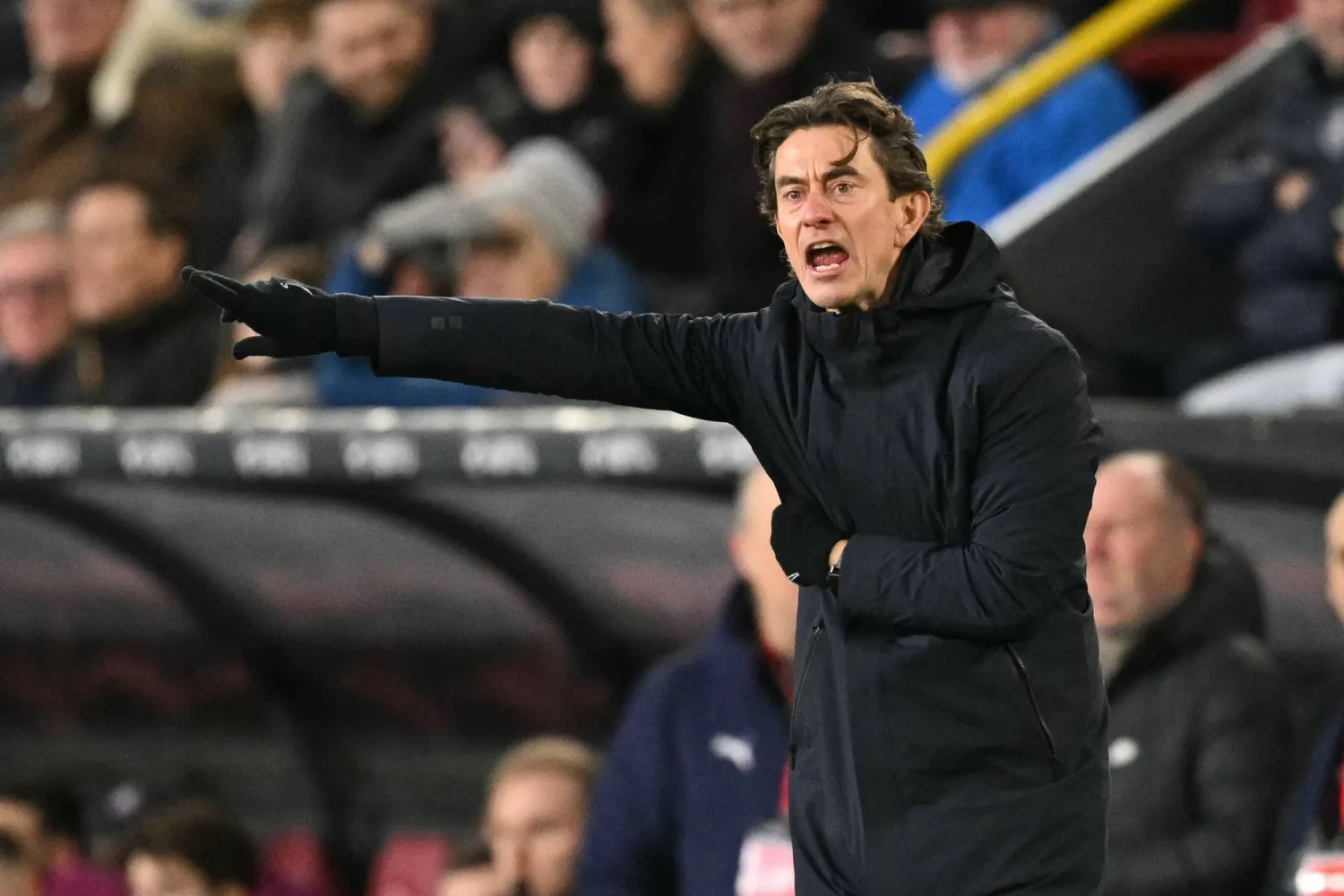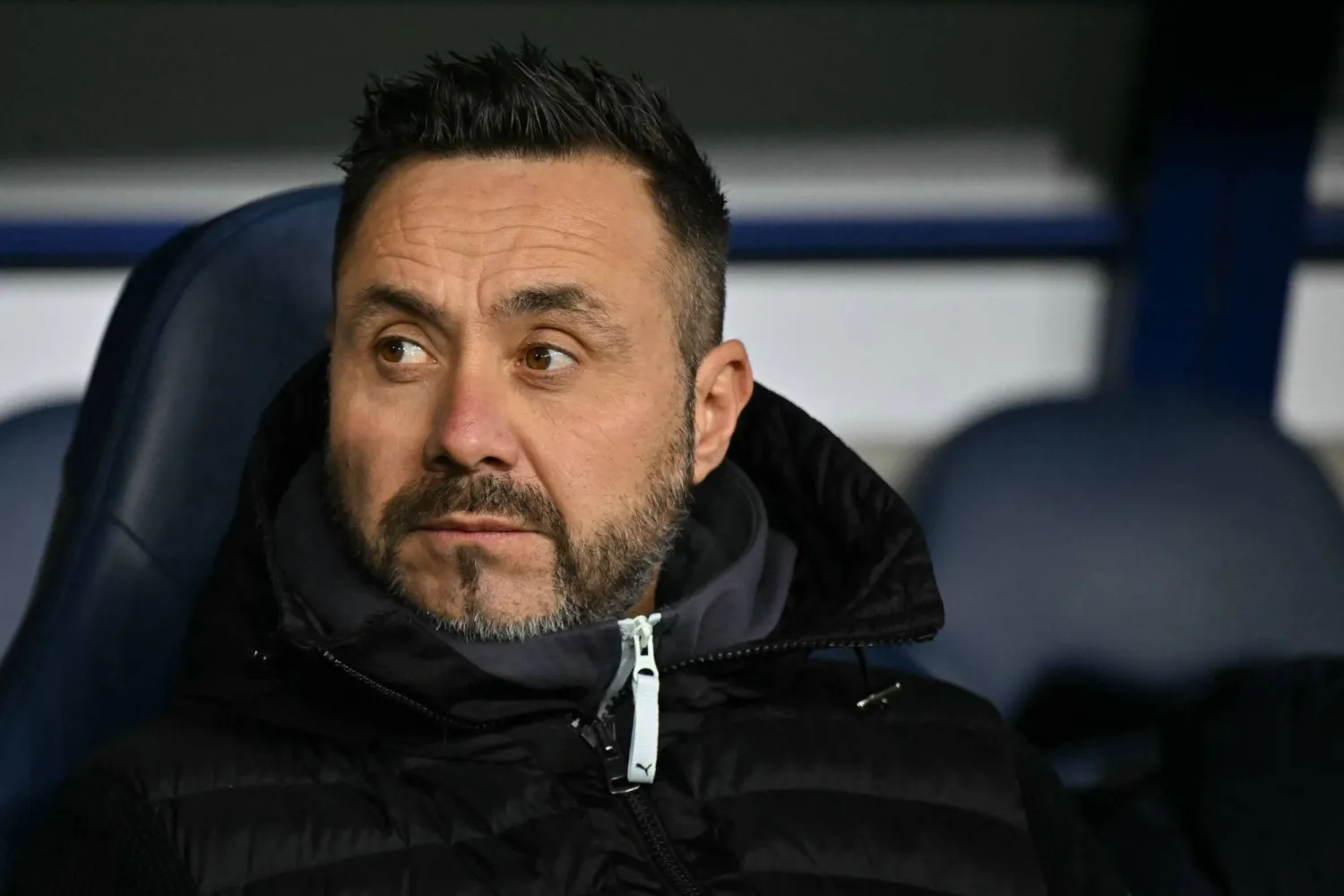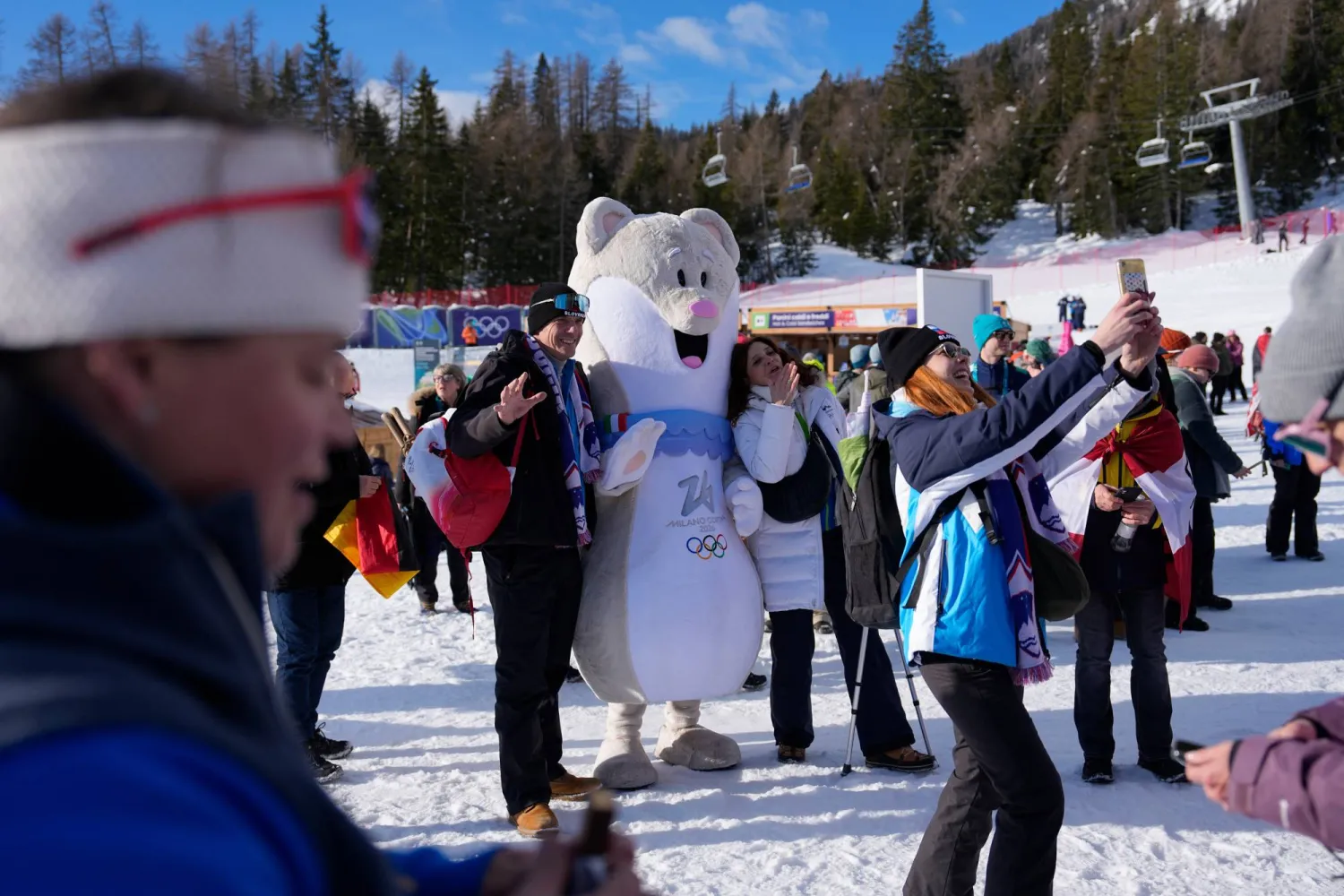Shortly after Gabriel Magalhães played his first and, as it turned out, only game for Dinamo Zagreb’s senior team he was called into the manager’s office. Nikola Jurcevic had seen enough during a Croatian top-flight game against Rijeka in April 2018 to know that, perhaps ambitiously given the club’s managerial churn, he needed to nail down a long-term plan for the center-back.
“You’ve got a big future in football and I want you to stay with us next year,” Jurcevic told Gabriel, and the player was not averse to that idea. The problem was, as Jurcevic puts it, “not about me, him or his quality”. Gabriel was on loan from Lille and Dinamo could not meet the €4m fee required to make the deal permanent. A month later Gabriel was on a flight back to France and Jurcevic, once Slaven Bilic’s assistant at West Ham, was out of a job.
What a difference two years have made. Gabriel returned to Lille with little idea of what the future held. He had been loaned in the first place because, while there was obvious raw promise in a player who had arrived from Brazil as a 19-year-old early in 2017, his parent club were in two minds about whether to keep him. Were his technique and decision-making really going to improve enough for a team expected to challenge at the higher end of Ligue 1? Those questions were answered sufficiently for Arsenal to sign him for £27m this month and the evidence of his debut at Fulham suggested nobody needed to have worried too much.
Lille were not the only ones to have doubts. Arsenal’s South American scouts had known about Gabriel ever since he broke through with Avaí in his home country, helping them reach Brazil’s Serie A in 2017, but their reports to London had not suggested he was a player to follow up on. When he featured for Lille early last season, having got his big break towards the end of 2018-19 after an injury to the captain, Adama Soumaoro, their Europe-based colleagues began monitoring him intensively. By March he had been included in a dossier of potential signings handed to the Arsenal hierarchy and, in May, the head coach, Mikel Arteta, and his colleagues decided to pursue the deal.
Arsenal had been keen to sign RB Leipzig’s Dayot Upamecano but the Bundesliga club’s £55m asking price was out of their range once the former head coach Unai Emery, prioritizing a winger last year, had sanctioned a club-record purchase of Nicolas Pépé. But Gabriel was not far behind in their thinking, with the rapid strides he made last season making a deep impression on their recruitment personnel of the time. They watched him improve dramatically from around the 10-game mark in 2019-20, showing an ability to learn from early mistakes and standing out with his pace, aggression, and intensity. It helped he had a sweet left foot to complement the physical package.
Jurcevic remembers watching Gabriel play several times for the Dinamo ‘B’ team, in Croatia’s second division, before fielding him for the seniors. Gabriel settled in well at Zagreb, aided by the fact the assistant coach Marko Maric was a former Lille player and could communicate with him in French. It particularly impressed Jurcevic that, when he asked Gabriel to play in the relatively unfamiliar role of right center-back against Rijeka, he did so without fuss.
“He’s a really good guy, an open person, and a good communicator,” Jurcevic says. “I could see he had personality and believed in himself. He has absolutely everything to be a top defender: very good at heading, quick, confident, not scared with the ball. I was sure he would make a big career.”
Gabriel surmounted an early breakdown in communication with Bernd Leno to perform imperiously at Craven Cottage, a feat all the more impressive given he had started training with his teammates only last week after a period in quarantine. His first half ended with a thudding header to clear a dangerous set piece; his second began with a goal, albeit via a slightly less firm connection, and the overall impression was of a commanding 6ft 3in defender who should add the kind of presence and athleticism Arsenal’s backline has sorely missed.
People familiar with Gabriel’s game caution against expecting too much too soon, pointing out he was faced with a Fulham strike force that barely looked fit for Premier League purpose. They see areas for improvement: he could play through the lines more quickly, weight his passes more consistently, and better judge between engaging opponents up the pitch and dropping off. But there is a sense his new environment at Arsenal can smooth out the rough edges. Nobody expected the finished article from a player who was facing NK Novigrad and Hrvatski Dragovoljak two and a half years ago; it has been some acceleration but the consensus is he will become a good Premier League defender with the tools to compete comfortably at the higher end.
It is vindication for the Lille staff who brought him over in the first place and evidence, too, of how thin the lines between wildly different footballing paths can be. “I didn’t know he would go so quickly to a big club like Arsenal but I’m really happy for him, he deserves it,” Jurcevic says. Gabriel’s capacity to confound expectations shows no sign of diminishing.
(The Guardian)









